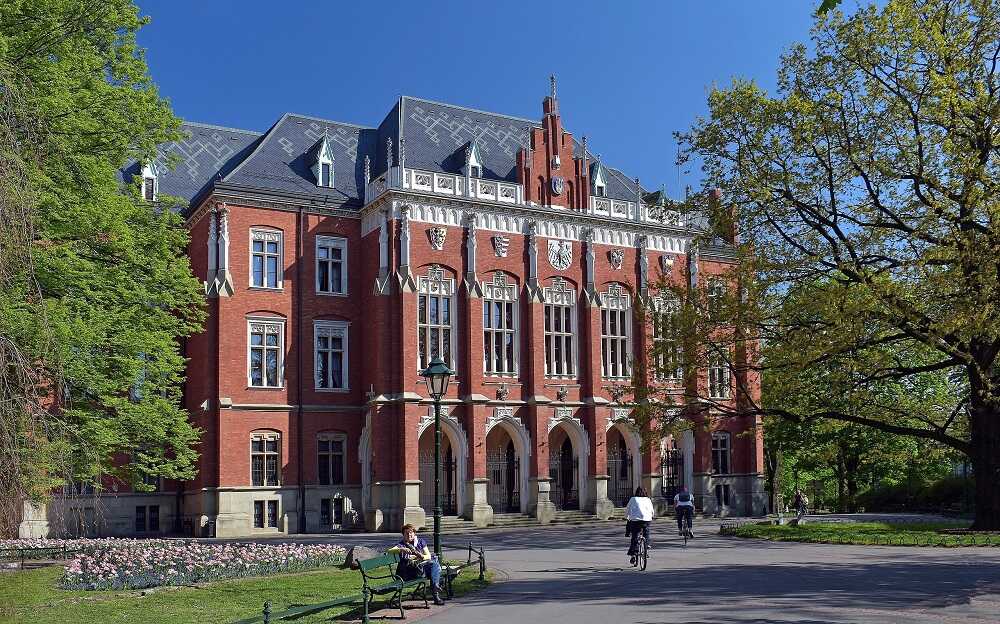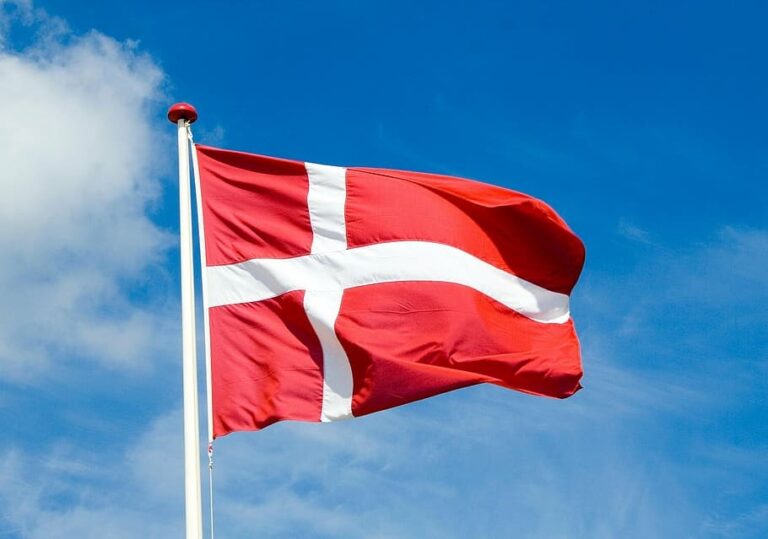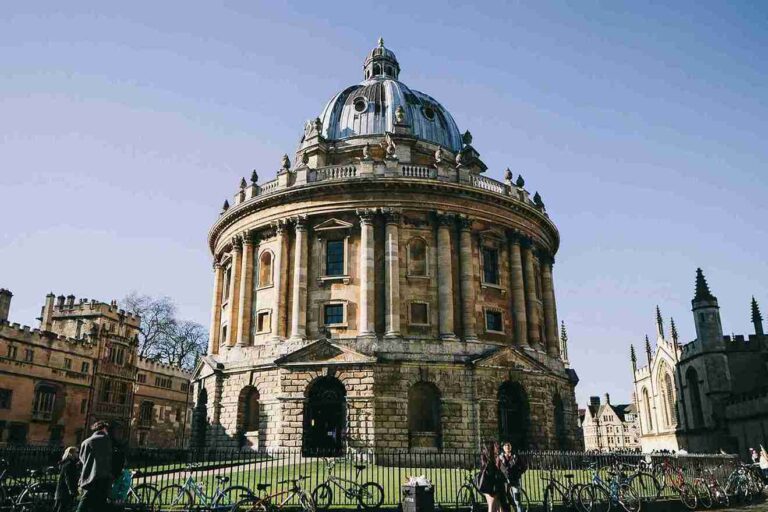Study in Poland: A step-by-step guide
Poland is the seventh-largest country on the continent with a total area of 312,679 km². She is located in the centre of Europe with more than 500 universities most of which are within the private sector. 16 of them included in the QS World University Rankings and 25 of them in the QS EECA University Rankings Poland prides itself on having vibrant students and cultural life with Warsaw city the capital and Cracow city both serving as a popular study destination for international students. She also prides itself on having produced many notable university alumni, including the first-ever woman to win a Nobel Prize, Marie Curie, and the famous astronomer Nicolaus Copernicus.
The quality of teaching in Poland Institutions has improved immensely and the number of international students has been growing constantly. Poland doesn’t just offer affordable tuition fees but also offers scholarships aids which are either government or private initiatives to support every student or scholar who is interested in studying in the country. So, are you looking to study abroad, especially in Europe? Do you want to combine high-quality universities, affordable tuition fees and a vibrant student and cultural life? If the answer is yes, then all roads lead you to study in Poland! This article is divided into 4 parts which include:
Related: 6-things-to-know-before-preparing-to-study-abroad
Poland’s Education System
The Polish education system offers public, private institutions and offers three types of degrees: The Bachelors, Masters, and Ph.D. The academic year runs from October to June which is divided into the winter and spring semesters and you can either choose to study full or part-time.
Bachelor Studies in Poland
This degree lasts around three to four years and aims to prepare you for a future Master’s degree program. It also prepares students for future employment. Bachelor studies are offered in Polish and you will be asked to prove your linguistic competency in Polish. However, there are a lot of English-taught Bachelor’s opportunities in Poland as well. A TOEFL/IELTS language test is, therefore, necessary to prove your English language proficiency and gain admission to the university of your choice.
Master Studies in Poland
A Master’s degree or magister program in Poland lasts around two years. After the completion of a Master’s degree, you are eligible for Ph.D. studies. You can find a wide range of Master’s degrees in Poland taught in English. To complete your Master’s, you will be asked to orally defend your written dissertation.
Ph.D. Degrees in Poland
A Ph.D. or doctor in Poland normally lasts three to four years and your eligibility is based on the completion of a Master’s degree program. Ph.D. degrees are offered by universities or research institutions like for example departments of the Polish Academy of Sciences. Doctorate degrees in Poland are offered free of charge for all students. As a Ph.D. researcher, you will get a scholarship throughout your studies and get paid a normal salary. The amount depends on your evaluation, the institution, and the study discipline.
Study in Poland: a step-by-step guide
Often, people ask questions like:
Is Poland good for International students?
How much does it cost to study in Poland?
Is studying in Poland free?
Luckily, we’ve put together this comprehensive guide to walk you through everything you need to know about your study process in Poland.
1. Choose the programme
Do you want to become an accountant, a journalist, a chef, a teacher, or a doctor? Opportunities are endless and the decision is up to you. You can take a look at programmes offered by Polish universities here: STUDY FINDER*
2. Research the university and admissions requirements
Now that you know the programme you want to study in Poland, make sure to research the universities with the availability of your choice of course then visit the admission requirements tab to find out about its admission requirements. You need to choose the one that will be suitable for you and do not forget to:
- Compare the ratings of selected universities.
- Read student reviews.
- Clarify internship opportunities.
- Visa applications and requirements.
- Contact the admissions office of the university of your choice and discuss the details of the admissions such as required documents, deadlines, and start of the programme.
If you are going to apply for the undergraduate programme, usually you will need to prepare the following documents:
- Application Form.
- High school certificate.
- Translation of your certificate if it is not in Polish or English.
- A certificate confirming the level of language proficiency.
3. Acceptance letter and visa preparation
Poland is a member of the European Union, so EU/EEA students do not need a visa. Meanwhile, non-EU/EEA students should read more about Poland’s Visa application and start preparing the necessary documents as soon as possible. Usually, admissions campaigns for undergraduate and graduate programmes start around April or May. The duration of the campaign depends on the university. After the university has accepted your application, you will be issued an admission decision along with the Acceptance letter. Based on the last document, the Embassy will issue you a student visa for the period mentioned on it (but no longer than one year).
Editor’s Note: Looking to travel/study abroad but unsure about the travel and visa requirements for your travel destinations? Download this comprehensive Travel requirement and Visa protocols guide to stay prepared.
4. Departure and adaptation to a new culture
The academic year in Poland starts at the beginning of October. When travelling or living abroad, it is very common to experience culture shock, especially if there are vast cultural differences and a language barrier. Prepare for your trip by reading books about your country’s host culture, travel guidebooks, and popular websites or newspapers relevant to life in Poland. If there is a language barrier, take language classes or seek out a tutor to make your transition period easier. Do not hide in your room and only hang out with friends from your country. Get out of your comfort zone and explore popular cultural sites in Poland.
5. Housing and living costs
The low cost of living and the high quality of teaching and safety in Poland makes the country quite attractive to European and international students. To live and study in Poland, you will need around 500 USD per month (around 1,800 PLN) for your accommodation, food, and transport expenses while for a monthly transportation card you will only need to pay 15-17 USD with the student discount. As for student accommodation, student accommodation in Poland is super student-friendly with prices starting from 70-90 USD per month for a shared room in student dormitories and 120-180 USD for a single room. Each university offers different style dormitories and options, so contact your admitted university for more information.
The cost of living varies depending on the city. In bigger cities like Warsaw or Krakow, the monthly cost of renting a flat is higher, reaching up to 400 USD. In smaller student cities like Gdansk, Poznan, or Wroclaw the cost is lower. A very nice way to meet new people and minimize the cost of living in Poland is sharing a flat with locals. That way you will only have to pay around 180-240 USD per month.
13 scholarships in Poland for international students
For European citizens, Poland is an excellent choice to pursue your studies. Tuition fees in Poland apply to non-European students, but they are very affordable compared to other popular study destinations in Europe. The total cost of a Bachelor’s degree for an international student can reach up to 7,000-8,000 USD and for a Master’s up to 9,000 USD. It all depends on the discipline and the level of studies. Be aware that MBA programs, programs in medicine and dentistry, and programs in private Polish institutions cost more. All Ph.D. students in Poland study free of charge and receive a scholarship.
Related:15-scholarships-in-europe-for-african-students
Here are 13 scholarships in Poland to choose from offered by the Polish government, private foundations, or universities. Some of them are:
- The Gen. Anders Scholarship.
- The Poland My First Choice Scholarship.
- The Bilateral Cooperation Exchange Scholarship.
- The POLONISTA Scholarship and Fellowship.
- The Visegrad Scholarship.
- The Eastern Partnership Scholarships for post-soviet countries.
- Government of Poland Łukasiewicz Scholarship
- Konstanty Kalinowski Scholarship Programme
- Ignacy Łukasiewicz Scholarship Programme
- Stefan Banach Scholarship Programme
- Maria Curie-Skłodowska University Scholarship
- Lazarski University Scholarship
- Ulam International Programme
Can I study in Poland without IELTS?
Many Universities in Poland do not require IELTS Scores. One of the Most Prestigious Universities in Poland, the Warsaw University of Technology does not require IELTS.
Some Universities in Poland that don’t require IELTS are:
- The University of Warsaw.
- Jagiellonian University.
- AGH University of Science and Technology.
- Adam Mickiewicz University.
- Warsaw University of Technology.
- University of Silesia in Katowice.
- Nicolaus Copernicus University.
- The Cracow University of Technology.
Wrap up
Poland has a lasting and proud educational system. It is a top choice for international students because of its affordable tuition fees, quality education, rich cultural experience, and low cost of living. I believe this article might have answered a sizable chunk of your questions. To make your study application smooth, UrbanNomads is currently processing admission applications for students who want to study in Poland. Subscribe to the Japa plan to have access to an academic consultant to answer all your questions, work with your budget and help you kick start your plan to study in Poland.







